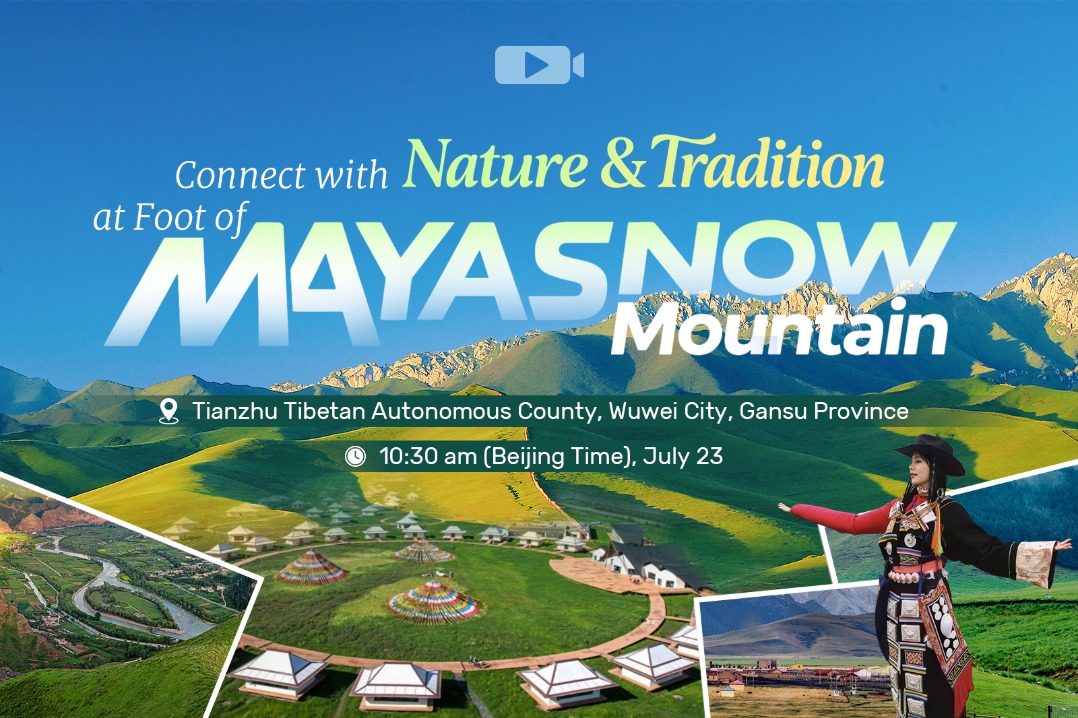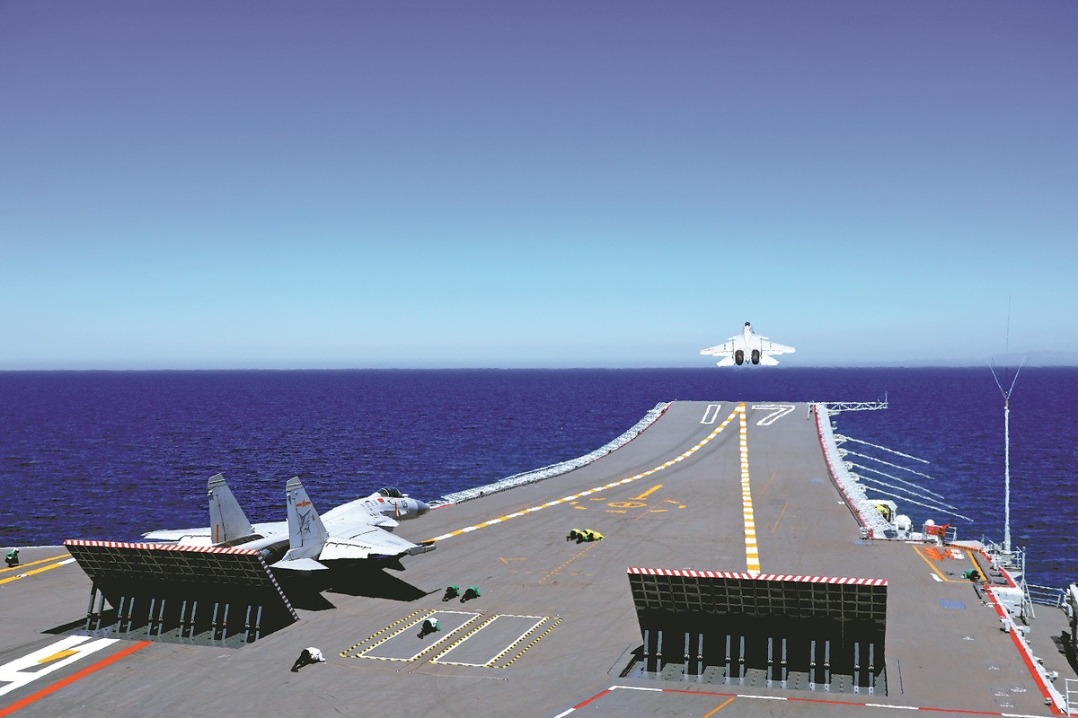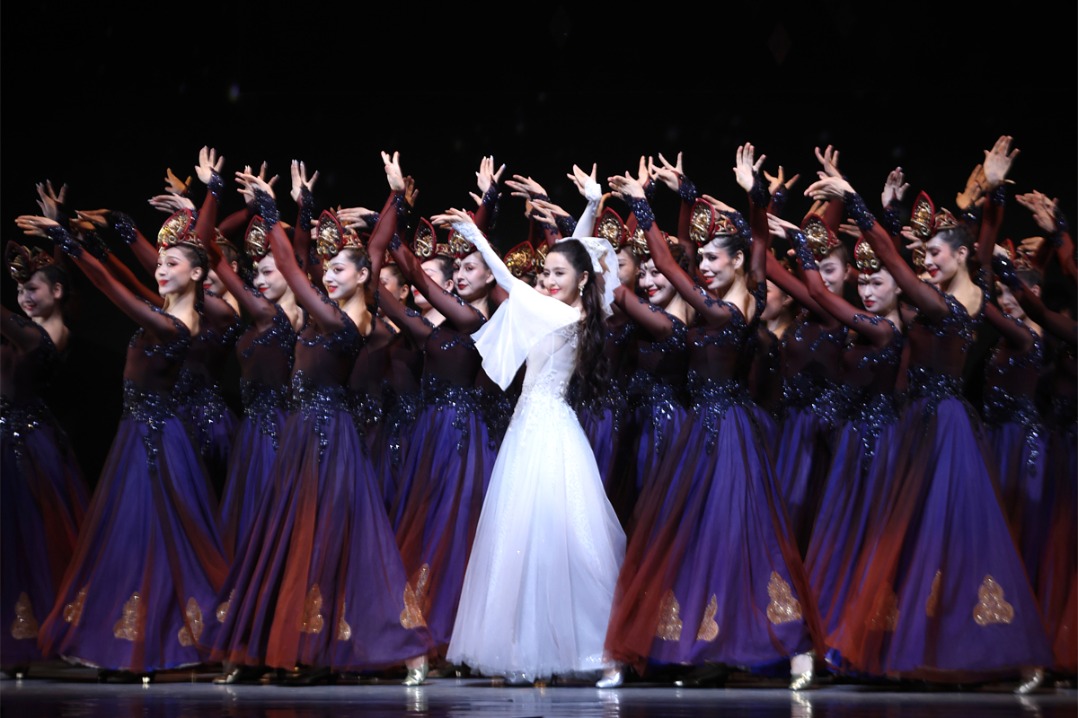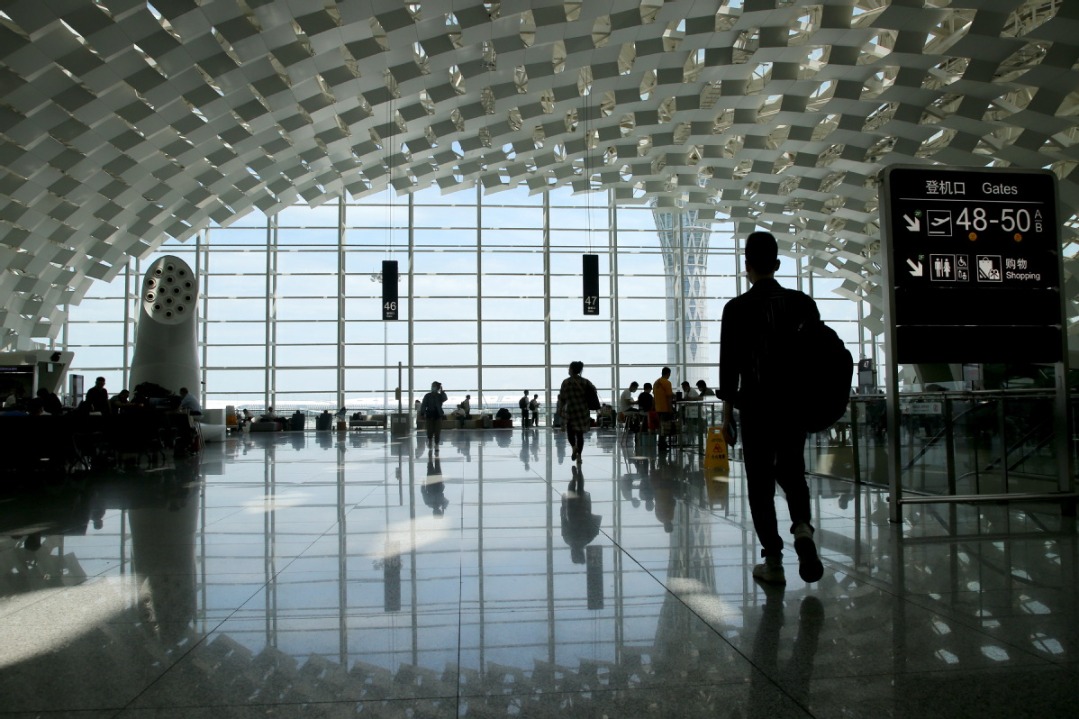Time travel with classic poets
Documentary retraces their journeys to discover what scenes and situations inspired their work, Cheng Yuezhu reports.

Documentary director Li Wenju, in his previous projects, often worked close to nature, traveling to no man's lands deep in the heart of China, witnessing and recording sublime mountainous and forested landscapes with his lens.
"I found that when encountering these scenes, words would often fail me, and I couldn't think of a way to describe them," Li says. "Then once, my team members and I thought of classic poets like Li Bai and Du Fu, wondering if they saw what we are seeing, how they would describe it and what poems they would write."
This spur-of-the-moment question lingered with Li Wenju, and he came up with the idea for a new program, starting to work on it in 2017.
"I thought we could follow the journey of classic poets to see where they went to, what scenery they saw, and what life they led, and explore the association between these experiences and the works they created," he says.
The recently released documentary Travel With Tang Poetry selects five eminent poets from the Tang Dynasty (618-907), and in each episode, a scholar or artist is invited to retrace their footsteps during a representative period of their lives.
The first episode goes on a journey set by Du, hailed as "the poet sage", who lived out his remaining years in an itinerant state with his family members after the An Lushan Rebellion resulted in upheaval across the empire.
Contemporary poet Xi Chuan, presenter for this episode, says that, in his younger years, he used to prefer the "immortal poet" Li Bai, but the more life experience he accumulates, the more he admires Du, for the ease with which he exercised his creativity within prosody.
The episode sees Xi Chuan going on a journey through four provinces and municipalities, walking on the mountain paths, taking an intercity slow train, and riding a boat amid the towering gorges of the Yangtze River, an arduous trip even today with paved roads and modern transport.
"In the middle of such hardship, I felt the unending creativity of Du in his later years. He never forgot to write poetry even when he was living a wandering life, fleeing from calamity. Poetry for him was not only a way of making daily records, but also the only thing he could hold onto in a suffering life," Xi Chuan says.
Documentaries centering on travel or poetry are common, but it is rare for any to combine the two elements, to which Li Wenju says the balance between them might shift from episode to episode. With these journeys and the situations the presenters encounter, the documentary wants to prove that Tang poetry is still very much thriving as an art form.
Apart from scholars who provide in-depth analyses of the poems from the perspectives of literature and history, and young students who learn Tang poetry in their compulsory courses, the documentary also tells stories of people from other walks of life and their personal, down-to-earth understanding of ancient poetry.
"We don't want the documentary to become a classroom on the road, lecturing about Tang poetry. I hope the audience can feel and comprehend poetry on the spot where it was written, see the scenery the poets saw and approach Tang poetry from an emotional standpoint," Li Wenju says.
"Tang poetry should not merely be literary works written on paper, or the possessions of scholars and experts, but something in the hearts of Chinese people and an ordinary part of their everyday lives."
In the mountain villages of Gansu province, Xi Chuan bumps into farmers who could recite Du's poems and elaborate on the specific locations Du wrote about. In Chengdu, Sichuan province, people frequent Du's thatched cottage as a pastime and a circle of literati, with a shared love for Du's poems, gather regularly to share their own works.
Be it presenters invited to go on these journeys, or local people they encounter on the way-all the people appearing in the documentary display one thing in common, that is, a genuine passion for Tang poetry.
"Why is Tang such a vastly adored era in Chinese history? It's not only because of its prosperity-the dynasty was not that prosperous in its later stage. However, openness and inclusivity continued to be a distinctive feature of the dynasty," Li Wenju adds.
Perhaps such mentality helped shape the worldview of Tang poets, as more than one speaker from the documentary expresses a similar view that these poets showcase a broad mind and an empathy for humankind in their poetry.
"If people could go traveling, it means an open and tolerant milieu, so when Tang people traveled, they took a view from above," Shou Hong, teacher from Lanting Calligraphy Art College, says in the second episode.
An important reference material for the production team is a digital map of writers from the Tang and Song (960-1279) dynasties developed by Wang Zhaopeng, a professor at South-Central Minzu University, who also appears in the documentary.
The map, which Wang's team spent five years developing, lists the poets in chronological order. Click on a name and the courses of their lives will be displayed on the map, showing the cities they visited and the poems they wrote there.
According to the map, many Tang-era writers traveled long distances, especially Li Bai, his footprints covering a significant part of today's China map.
The abundant poems and traveling experiences proved to be a treasure trove, but also brought difficulty to the production crew, as they had to choose five from a total of more than 2,000 poets of the Tang era.
"This is the documentary's first season. Just like you need to identify constellations to navigate when sailing at night, we wanted to find the brightest stars among Tang poets to navigate the documentary," Li Wenju says.
"A person's life has many stages, and in different life stages, the poets produced works on diverse themes, so we zoomed in on a representative journey they made to present a specific aspect of their lives."
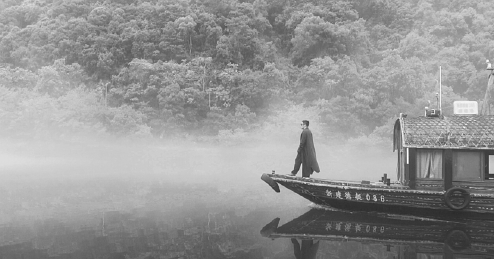
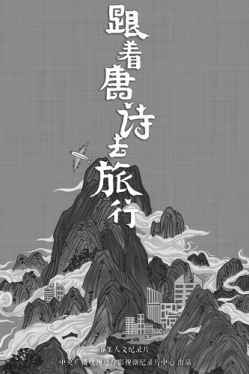

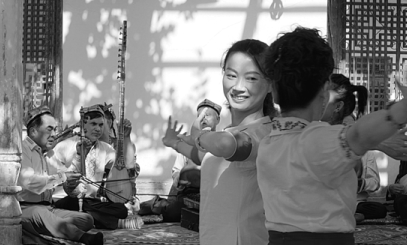
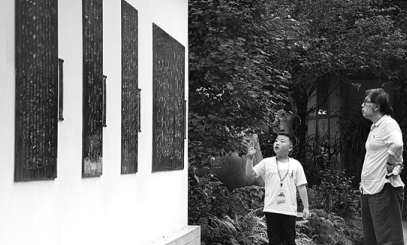
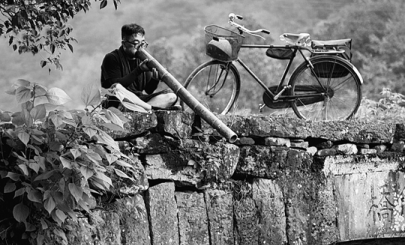
Today's Top News
- Tourists flock to locations featured in hot TV shows
- Intl volunteers serve as bridge linking Jingdezhen, world
- Global investors more bullish on Chinese assets
- Advanced weapon systems make debut
- Authority suspends antitrust investigation against DuPont
- Playing its appointed part in US' strategy will not bring Manila its desired rewards



















